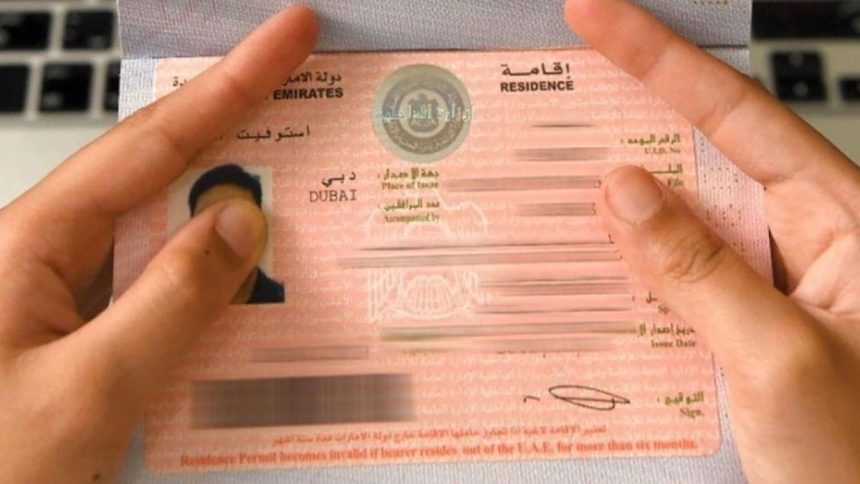UAE Student Visa Information: A Comprehensive Summary
The UAE student Visa is a supportive service to facilitate international students academic pursuits.
Let’s delve into the details of student visas in the UAE:
Eligibility
To be eligible for a UAE student visa, you must meet the following criteria:
-
Accepted into a recognized university or higher education institution in the UAE:
This institution should be accredited by the Ministry of Education or the Higher Education Commission. -
Meet the academic admission requirements of the chosen institution:
This may include transcripts, standardized test scores, and other relevant academic documents. -
Demonstrate sufficient financial means to cover tuition fees, living expenses, and other related costs:
This may involve providing bank statements or sponsorship letters. -
Hold a valid passport with at least six months remaining validity:
Ensure your passport is in good condition and has sufficient blank pages for visa stamps.

Types of Student Visas
The UAE offers two main types of student visas:
-
Regular Student Visa:
This is the most common type of student visa, valid for one year and renewable upon proof of continued enrollment. -
Golden Visa for Exceptional Students:
This prestigious visa grants a 10-year residency permit to outstanding students who have achieved exceptional academic distinction.

Application Process
The application process for a UAE student visa typically involves the following steps:
-
Receive an acceptance letter from a recognized university in the UAE:
This letter should confirm your admission to the desired program and provide details about your studies. -
Complete the online visa application form:
Provide accurate and complete information, including personal details, academic background, and financial means. -
Attach required supporting documents:
These may include the acceptance letter, passport copy, passport-sized photos and financial documents.
In addition to any additional documents requested by the visa authorities. -
Pay the visa application fees: The fees vary depending on the visa type and nationality.
-
Submit the application and supporting documents:
You can submit your application through the online portal or at an authorized visa application center. -
Attend a visa interview (if required):
In some cases, you may be invited for an interview to verify your identity and discuss your study plans. -
Receive your visa: Upon successful approval, you will receive your visa stamped in your passport.
His Highness Sheikh Mohammed bin Zayed Al Nahyan, President of the State, “may God protect him,” received a cable of condolence from His Highness President of Egypt, and from His Majesty King of Kingdom of Jordan, on the death of Sheikh Tahnoun bin Mohammed Al Nahyan. pic.twitter.com/Gb0AvN6T4f
— UAE Voice (@uae_voiceeng) May 3, 2024
Additional Considerations
-
Medical Tests: Some applicants may be required to undergo medical tests as part of the visa application process.
-
Health Insurance: It is advisable to obtain health insurance coverage before traveling to the UAE.
-
Residency Regulations: Comply with UAE residency regulations, including visa renewal procedures and reporting any changes in your address or contact information.
Visa requirements and procedures may change.
Always check the latest information from official sources before applying.
It is also recommended to seek assistance from your chosen university or a visa consultant for guidance throughout the application process.
Read Also:
Arab Reading Challenge Embraces Over 28 Million Students
Mubadala Health Dubai Achieves JCI Accreditation in 18 Months
Visa: Dubai FinTech Summit is A Pivotal Innovation Platform





